Meet Statistics summer scholar Oliver Stevenson
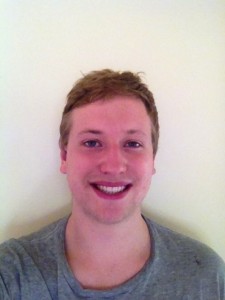 Every year, the Department of Statistics offers summer scholarships to a number of students so they can work with staff on real-world projects. Oliver, right, is working on a project called Maps and graphics for animal populations with Associate Professor Rachel Fewster. Oliver explains:
Every year, the Department of Statistics offers summer scholarships to a number of students so they can work with staff on real-world projects. Oliver, right, is working on a project called Maps and graphics for animal populations with Associate Professor Rachel Fewster. Oliver explains:
“This project involves dealing with data from various conservation projects around the country. The data primarily consists of catch rates of various animal species at different locations of a project. My job is to come up with new ideas for maps, graphics and charts that conservation volunteers will find engaging, and that will illustrate the positive impact their work is having on New Zealand’s environment.
“The project is aimed at motivating the general public who are involved in local conservation schemes. When they return from a day’s work, they will get to see the rewards of their labours presented on a map, as well as personalised charts showing their own contribution to the project. Ideally, this keeps them motivated and coming back for more!
“I recently completed my Bachelor of Science majoring in Statistics and minoring in Psychology at the University of Otago. I am originally from Auckland, and have returned to pursue a Bachelor of Science (Honours) in Statistics in 2015.
“I enjoy statistics as I believe it can be applied to almost any aspect of life. Data exists in so many subjects and occupations: commerce, medicine, law, sports, the environment – anything you can think of!
“Where there is data, we can use statistics to gain a deeper understanding of the underlying processes taking place and better understand the world around us. Because statistics covers such a wide range of topics, I’m always working with something different, which keeps the subject interesting.
“This summer, hopefully I will find some time to get away and do some camping and get the chance to play a few games of cricket in the sun.”
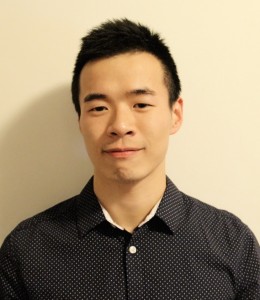
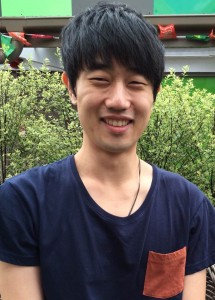
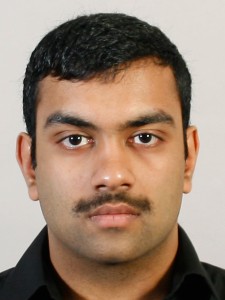
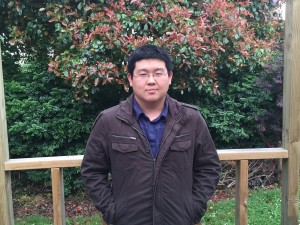
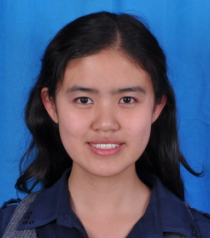
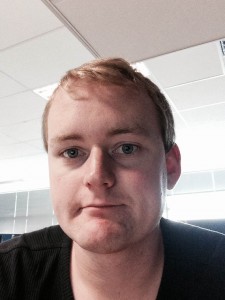
Recent comments on Atakohu Middleton’s posts